Kuhn talks to IN about combining art and activism…
By Larry Olsen
Photos by Bjorn Bolinder
“I always knew I was different from the other kids my age,” says musician Roger Kuhn. In addition to standing out as bi-racial and bi-cultural – his father was of German and Russian descent and his mother is a tribal Poarch Creek woman – Kuhn says he never felt quite settled in his skin. “I didn’t feel like a boy, nor did I feel like a girl. I grew up loving He-Man, ThunderCats, Barbie and She-Ra. I used to pretend I was Madonna and David Bowie at the same time.”
It wasn’t until his mid-20s that Kuhn discovered what it meant to be two-spirit. Coined by an Aboriginal awareness consultant with Manitoba Education Dr. Myra Laramee in 1990, the term is used by Indigenous Peoples to signify male, female and intersexed individuals who combine activities of both gender traits. In most Indigenous tribes, they are considered neither men nor women; they occupy a distinct, alternative gender status.
Kuhn describes his gender and sexuality as circular and not on a fixed binary. “It’s like peering through a kaleidoscope and seeing multiple shapes, colours, expressions and beauty,” he explains. It’s a focus in his new single, “Kaleidoscope,” a song rooted in classic house and progressive EDM that champions finding inner strength and celebrating liberation, as well as in his new book, Somacultural Liberation, which recently came out. “For me, freedom is living my truth and pursuing my dreams,” he says.
This is why, after working as a psychotherapist for the past decade, Kuhn decided to take time away from his practice to prioritize his creative expression once again. He explains more from his home in Los Angeles.
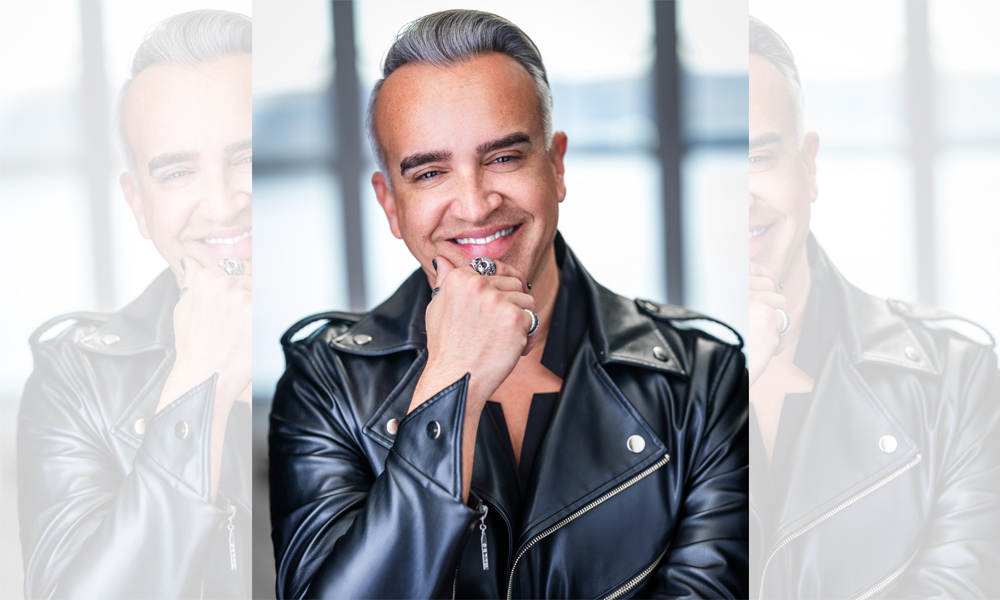
Growing up in conservative North Dakota had to be difficult for you.
If I wasn’t being picked on for being bi-racial, I was being made fun of for my perceived gender and sexual orientation variance. I was always a target, and it was sad because feeling included is so important. Being treated with equality and equity is vital to one’s well-being. One of the primary reasons I became a musician and author was to break free from the limitations that others placed on me my whole life. I discovered that through writing and song, I could share my truth.
What is your truth?
That I am an Indigiqueer person. There are few examples of Indigiqueer people in mainstream media. I’ve had to learn new ways to navigate systems that were put in place to silence and control Indigenous people.
Have you faced discrimination within the 2SLGBTQI+ community?
Countless times, both personally and collectively. Being Indigenous and LGBTQIA+ presents with unique complications. We face different issues and challenges that others in the community do not experience or understand. I have stood my ground with many Caucasian gay men who have tried to convince me they were as marginalized as Black, Indigenous and People of Colour LGBTQIA+ people are.
What exactly does it mean to be two spirit?
Two-spirit is a term used by Indigenous people who have gender and sexual orientation variance and a deep connection to their Native identity. I first learned the term in 2005 from another two-spirit person who, upon meeting me, said, “Oh, you’re like me: two-spirit.” He then explained what it meant and I immediately resonated with the term.
I identify more as two-spirit than I do as gay because being a Native American person is as important to me as my identity as a gay person. Two-spirit allows me to not have to choose.
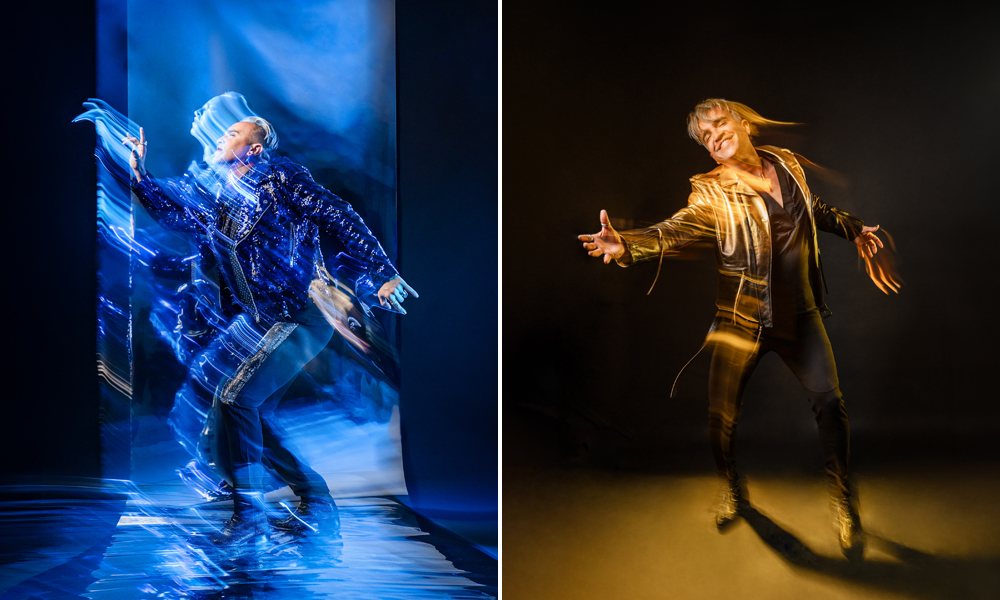
What pronouns do you prefer to use?
I use he/him pronouns, though I am also comfortable with they/them. If we are homies, she works too.
I’m curious to know how you feel about Demi Lovato switching her pronouns from they/them back to she/her after she grew tired of having to explain her gender identity.
I believe it’s important to recognize that some people come from a privileged place where they don’t have to explain themselves. For others, living in our truth requires work and a willingness to be witnessed in our vulnerability.
Is ‘Kaleidoscope’ intended to be a two-spirit anthem?
It’s an anthem for all of us really. ‘Kaleidoscope’ is about trusting our vulnerability and pursuing our innermost truth. For me, part of that was to embrace my identity as a Poarch Creek two-spirit person and to advocate for other 2SLGBTQIA+ and all marginalized people.
In 2022, you were featured in the Levi’s Pride campaign, promoting awareness and acceptance within the two-spirit community. How did that come about?
Six years ago, I made a sign that I carried with me in the San Francisco Pride Parade. It read: Decolonize Sexuality. It got a lot of attention and was featured in several media outlets. I carried the sign again in the next year’s parade and it caught the attention of Levi’s. They reached out and invited me to partake in a photo shoot that they ended up using in their Pride campaign. The campaign ran in Target and Macy’s stores in the US and appeared internationally on Levi’s social media.
Where are you in your quest to find happiness and satisfaction in your life?
I am at a really great place in my life. I know that all the work I have done on myself over the years has paid off. I have a great connection with all of my family and friends and, this year, I will celebrate my 18th anniversary with my husband, 15 years married.
What advice would you have for someone still struggling to find their place and/or their people?
Don’t put on facades. I am careful to always be open, honest, caring and supportive. I don’t give my time or talent to people who don’t respect my boundaries and limitations. Ultimately, I love myself and know myself enough to recognize that I still have a lot to learn and unlearn. I welcome growth and change. I encourage others to do the same.
What do you hope fans take away from ‘Kaleidoscope’?
The power of vulnerability will lead you closer to your liberation. Trust that you have wings and you can soar.
Roger Kuhn’s “Kaleidoscope” is being distributed by So Fierce Music/The Orchard/Sony Music Entertainment and is available on all digital platforms. Visit www.rogerkuhn.com for more information.
LARRY OLSEN defines himself as a teacher, reader, writer and dreamer. He lives in Palm Springs, Calif., with his partner of 22 years. In his spare time, he enjoys interviewing underground artists and exposing their unique talents to the light.

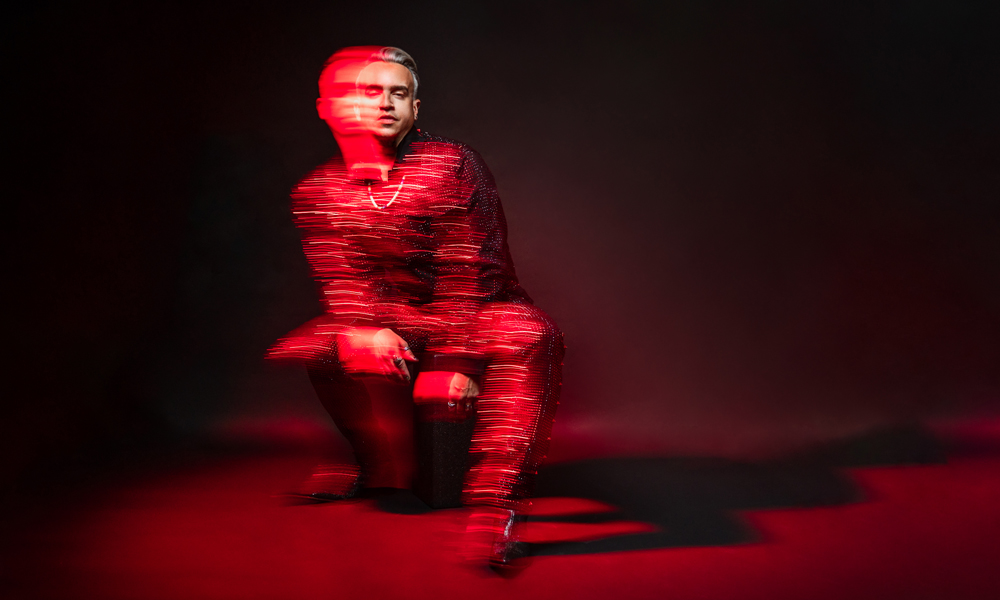

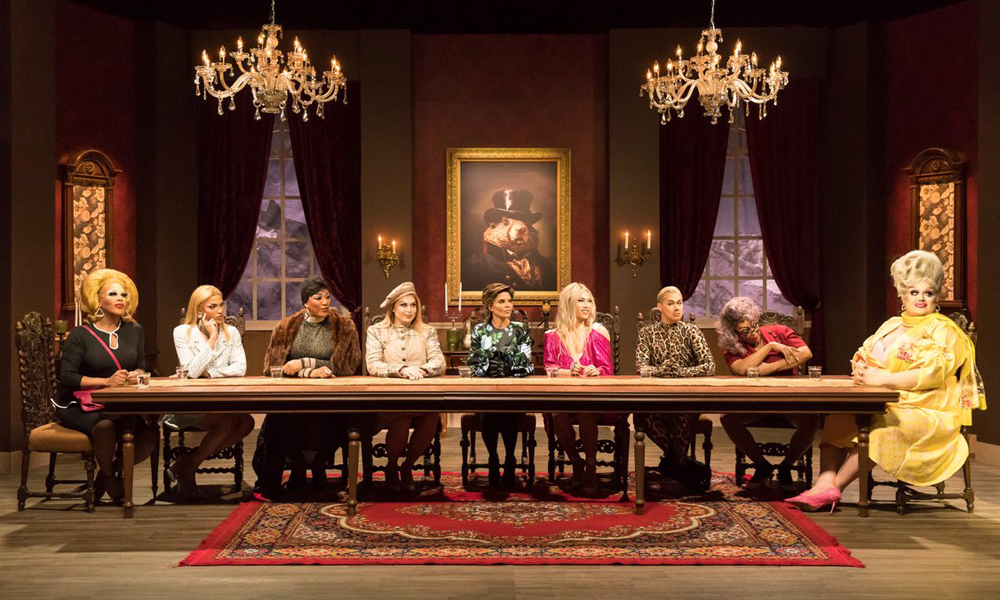
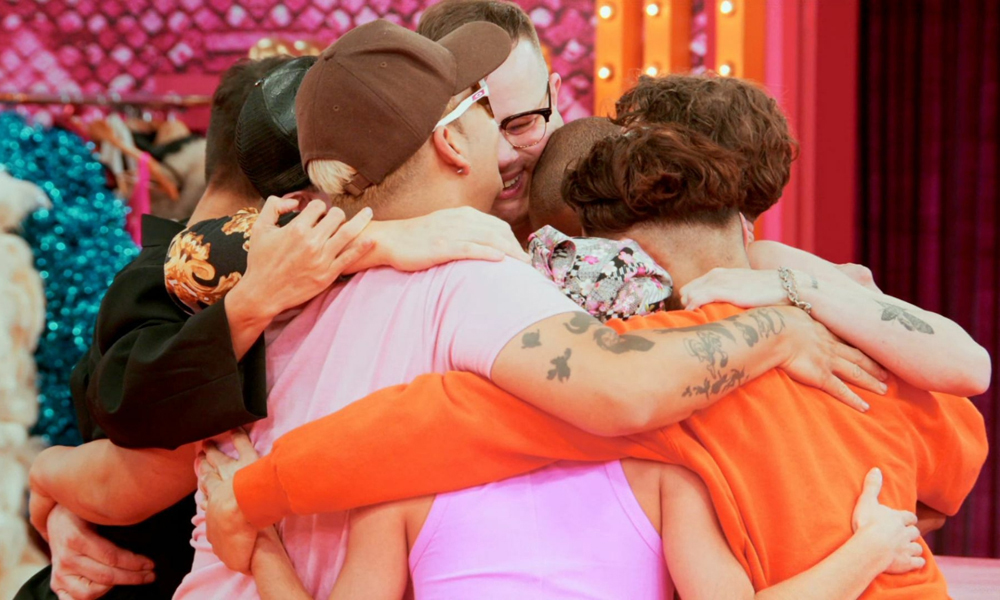
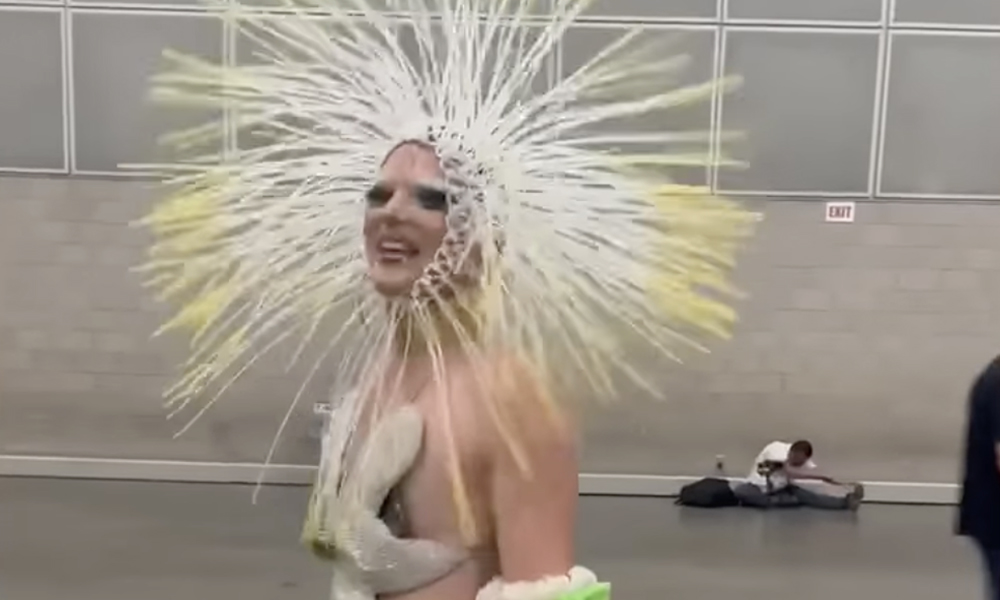

POST A COMMENT